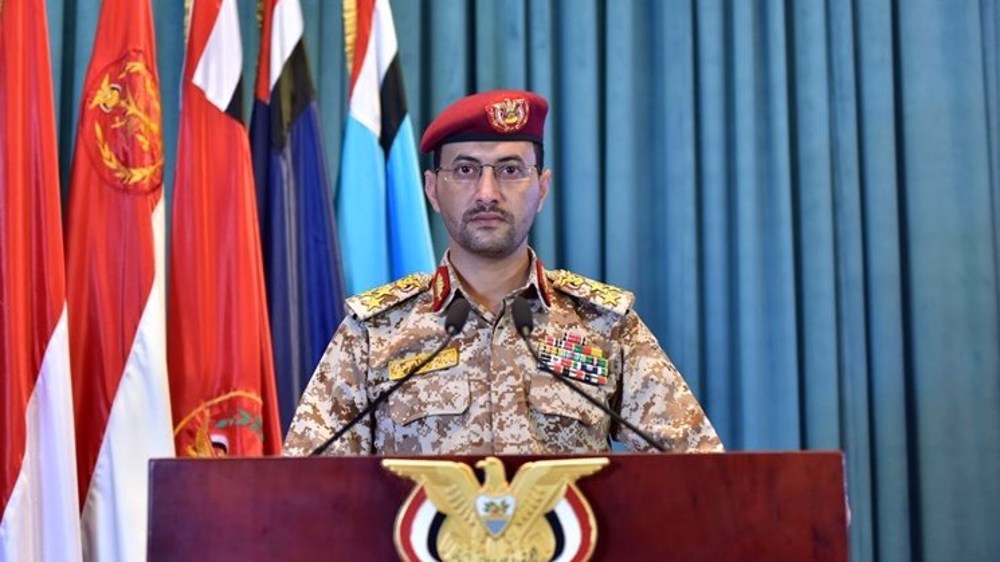In a significant escalation of tensions in the Middle East, Yemen’s Houthi rebels have openly declared war on Israel. This marks a new chapter in the region’s complex and volatile geopolitical landscape.
The Announcement
The Houthi rebels, who have controlled Yemen’s capital, Sanaa, since 2014, announced for the first time that they had launched missile and drone attacks targeting Israel. This move draws their main sponsor, Iran, closer into the ongoing Israel-Hamas war in the Gaza Strip, further raising the risks of a regional conflict erupting.
The Attacks
The Houthis claimed to have launched a “large number” of missiles and drones towards Israel. The Israeli military reported that it had intercepted an approaching “aerial target” outside Israeli airspace, near the Red Sea city of Eilat. This incident triggered air raid sirens in the popular tourist resort and sent residents running for shelter.
The Implications
This development has significant implications for the region. With Houthis entering into the battlefield, position of Iran, one of the most important force of the region, is very much clear to everyone around the globe. It also raises concerns about a wider war spreading as the Houthis vow more attacks after targeting Israel with long-range missiles.
The Response
Israel has responded to these attacks by shooting down two salvos of incoming fire as they approached the country’s key Red Sea shipping port of Eilat. The use of Israel’s Arrow missile defense system, which intercepts long-range ballistic missiles, marks an incredibly rare reported in-combat use.
Insiders View
As tensions continue to rise in the Middle East, the international community watches with bated breath. The declaration of war adds another layer of complexity to an already intricate and volatile situation. The impact on regional conflicts and measures to prevent further escalation remain uncertain.




